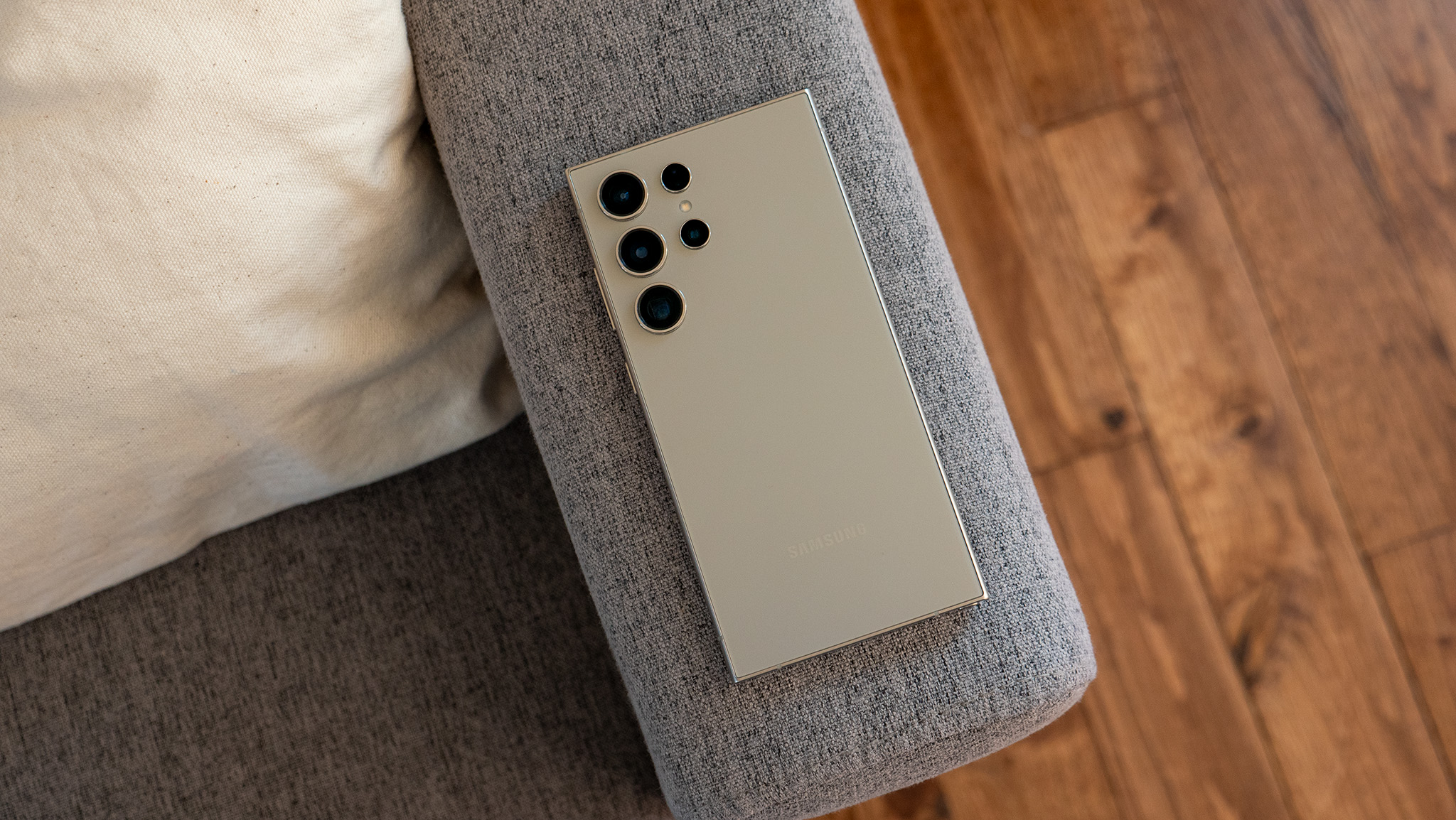
What you need to know
- A new report claims that Samsung is moving toward packing Qualcomm's next Snapdragon 8 Gen 4 in the Galaxy S25 instead of its Exynos SoC.
- This is reportedly done due to Qualcomm's "high performance" and to help Samsung keep in contention with AI advancements from Apple and Chinese OEMs.
- Samsung's Exynos is reportedly taking a backseat for now and will arrive for next year's foldable duo.
We're a few months away from Samsung's next flagship series, but the latest rumors claim the market is in for a chip switch.
A Hankyung (Korean) report purports Samsung is moving to drop its Exynos chip from the Galaxy S25 series for Qualcomm's Snapdragon (via SamMobile). This move will reportedly encompass the next flagship line's global release as the company has previously put forth a dual-chip mentality.
While that typically left areas like Europe with its latest Exynos launch, the publication states this change concerns Samsung's competition.
The post adds that Samsung is teetering toward Qualcomm and its work toward bettering on-device AI to stay in contention with Apple and other Chinese OEMs. AI features in development by Honor for its big IFA 2024 showcase could be an object of discussion.
Rumors continue, stating Samsung isn't ditching its next chip, the Exynos 2500, entirely. The publication states the company is moving to "use it in a foldable phone to be released in the second half of next year." Supposedly, this claim involves both the "tentatively" named Galaxy Z Flip 7 and Fold 7 slated for next summer.
An early specification leak teased noteworthy performance and speed increases for Samsung's Exynos 2500. What followed were rumors stating this Exynos chip could make for a closer rival for Qualcomm's Snapdragon 8 Gen 4. The chip will likely be built off a 3nm process with a single Cortex X-5 CPU ranging from 3.2 to 3.3GHz.
AMD's RDNA-based Xclipse 950 GPU may enter to boost its graphical capabilities.
What concerns a large breadth of flagship phones is Qualcomm's upcoming Snapdragon 8 Gen 4, which might demand more from your phone's battery. This hunger for power is reportedly caused by the chip's usage of a 2+6 core setup. Devices may need to jump to 6,000mAh, though some have been (supposedly) tested with a 5,500mAh capacity.
A Qualcomm executive confirmed the next chip will arrive in October with Oryon CPU. This new CPU hardware is estimated to provide 2x more power and 4.5x faster AI processing.







